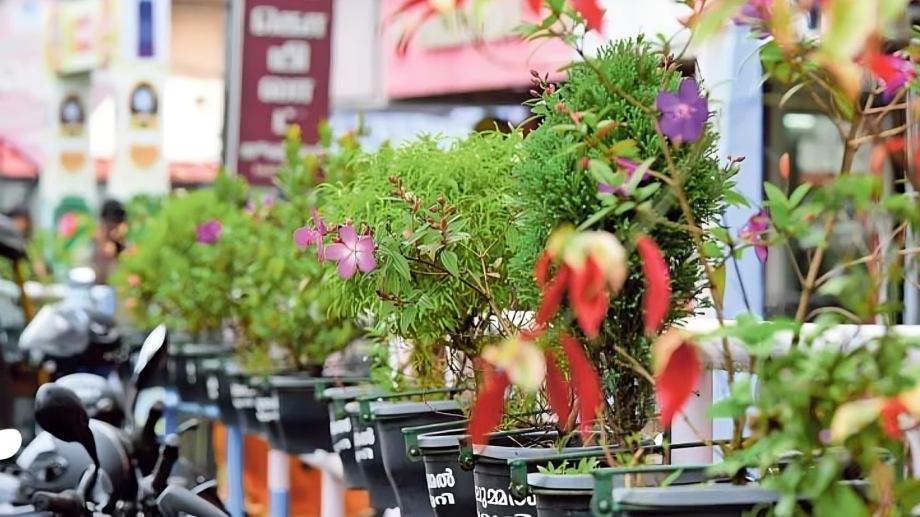How Does this Beautiful Town in India Manage its Waste?

The population has been on the rise in India and will continue to rise in the next decade or two, or even longer. As inhabitants increase, so does the problem of waste – which people hate to see or talk about. The waste issue can even turn neighbours into long-term enemies, resulting in bitter disputes – strange, right? There were instances of people dumping waste on their neighbours' premises owing to a dearth of space. The government and people’s indifference to garbage and its management makes this issue more complicated.
But here is an inspiring story coming from the hilly town of Sultan Bathery, also known as Bathery, a spectacular area in the Wayanad district of Kerala in India. It is situated on the fringes of the Wayanad Wildlife Sanctuary, famous for wild elephants. The sanctuary is home to several notable species, including Indian bison, tigers, bears, and deer—the list continues.
This is the only place in Kerala—probably in India also—that is keen on waste management. The local administration has to be applauded as they have devised strict rules and regulations to tackle the waste generated by the town. If you are new to the area and have a habit of littering in public places, then brace yourself, you will end up paying fines of more than ₹2,000, which is an equivalent of approximately USD 26. So, do some research about the town beforehand and plan your visit.
READ MORE: Transportation Through Protected Reserves in India and Its Consequences
Every morning at 4:00, municipal workers start their cleaning shift with a cart, then they return in the afternoon to pick up any additional waste generated. The town even has a waste management plant to convert trash into fertilisers and electricity, which is a great example of a circular economy in the context of emerging regions.
I recall an incident where a group of people from elsewhere who work in the town decided to dump their residential waste after 11 pm. Surprisingly, one of the people in the group had unknowingly put her office address in the waste packet, which in turn helped the authorities track down the source of the waste. The youngsters subsequently had to pay a penalty.
The model has been quite successful for many years. Entire credit goes to Sulthan Bathery’s municipal council and, especially, its previous chairman CK Sahadevan, who had spearheaded a series of initiatives to transform the town. Despite the progress, other nearby towns and cities have not been inspired yet by the initiatives. However, if Bathery can do it, they can for sure. This attitude shows how Bathery is different from other places, and so are its people.
Everybody has this ‘magical power’, to bring real change that can protect our surroundings. The impulse to do so, created inside an individual’s mind, sometimes spreads positively and inspires others to follow suit. A real sense of belonging is enough to kickstart that change. Let’s hope that the waste management model of Sultan Bathery will bring real transition in the days to come in other locations as well. You can help spread this best practice by sharing or forwarding this article.
Source: KnowESG

